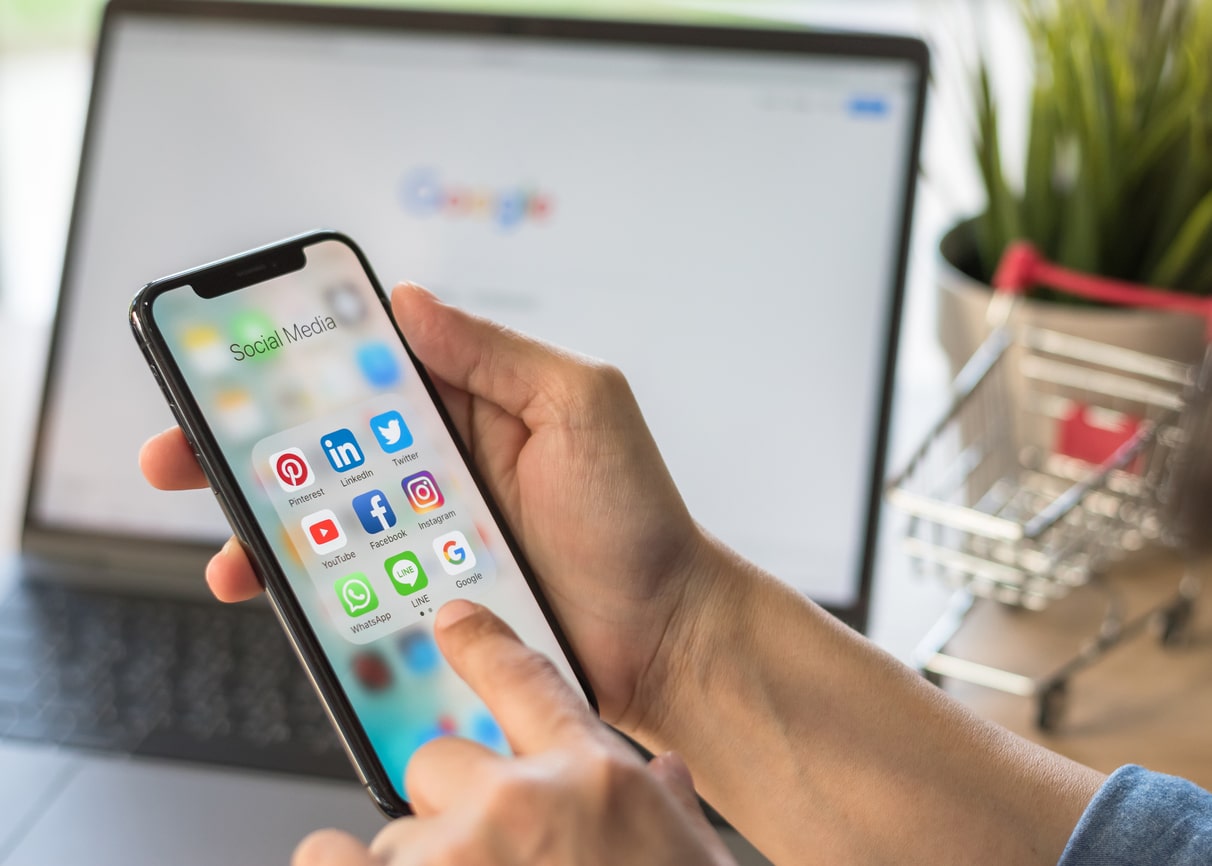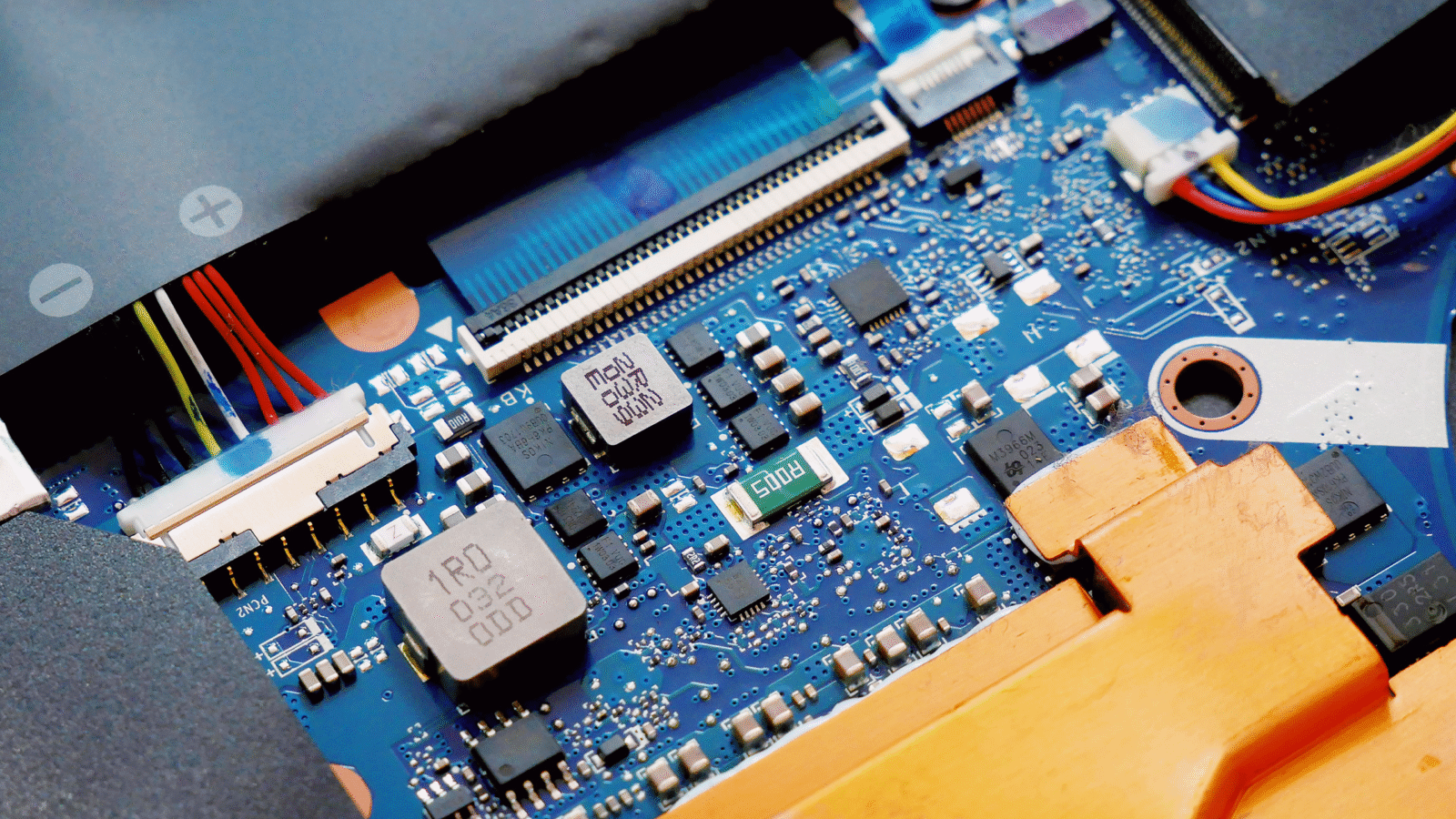
Sign up for smart news, insights, and analysis on the biggest financial stories of the day.
Across American state houses, a classic David and Goliath story is playing out. A group of small business owners, hobbyists, and activists are battling for their rights…to repair tech gadgets.
U.S. tech giants have placed tight restrictions on who can and can’t fix their broken or defective gadgets, and are fighting tooth and nail to stop unauthorized repairs. With virtually limitless financial resources at their disposal, it’s working.
From the Garage to the Logic Board
Nobody ever had this kind of beef with Best Buy’s Geek Squad. But as smartphones, tablets, and other personal electronics have proliferated through every room of American homes, just who should be fixing all those products has become a contentious issue.
And while bills allowing products to be fixed without manufacturer approval reached 27 state legislatures this year, that’s where they were swiftly met by the titans of tech:
- State by state, fleets of lobbyists from Microsoft, Apple, Google, and Amazon swooped in, schmoozing legislators and alleging that free-wheeling product repairs from untrained handymen would risk dangerous malfunctions.
- The FTC said this month there is “scant evidence” to support those claims, but more than half of the proposed right-to-repair bills have already been killed.
“These companies have monopoly power,” said Brianna Titone, a Colorado state house rep who sponsored a repair bill this year that was quickly shot down by Amazon and Google lobbyists. “They’re not looking for a compromise. They’re looking for, ‘Leave us alone. Stop this. Go away.’”
Just a Little Interference: “If you really want to know who was naughty—it was Apple,” added Washington state house rep Mia Gregerson. She claimed Apple lobbyists discreetly nudged legislators to kill a right-to-repair bill by promising the company would support repair programs at local colleges in return.
Selena Torres, a Nevada legislator, introduced a right-to-repair bill in an attempt to stem laptop shortages at the high school where she teaches. Tech lobbyists promptly arrived in town, and the bill died at committee. “I’m sure that casinos back in the day didn’t want to be regulated either,” quipped Torres.
Going to Waste: U.S. consumer group PIRG estimates that the American smartphone market alone consumes 23.7 million tons of raw material per year, and that if Americans held onto their smartphones for just one additional year, it would reduce emissions to the tune of taking 636,000 cars off the road. Without a more democratic repair market, however, they fear it might be a broken dream.











